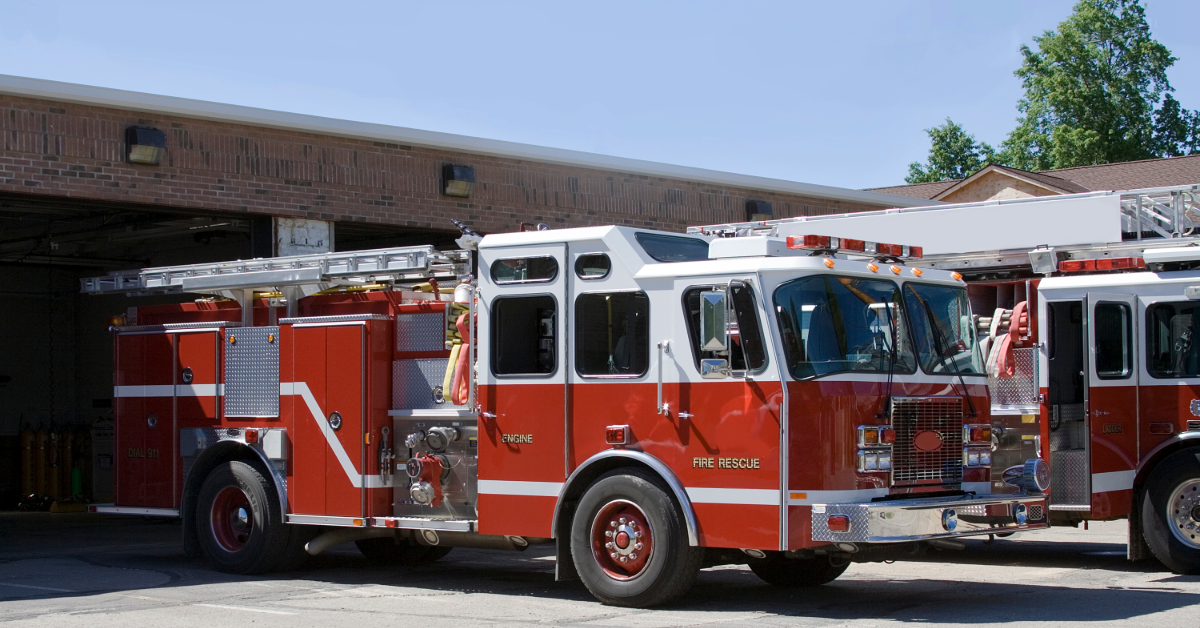Use these insights to react strategically and make the most of your efforts.
Public health emergencies, cyber attacks, natural disasters, acts of violence — a crisis situation can arrive at your community’s doorstep at any given moment. When that happens, all eyes will look to you to effectively lead, manage and recover.
We know the pressure can be daunting and what you do next could greatly impact your reputation, credibility and the trust of your community members, but don’t worry — we’ve got your back. Consider these 3 tips to help navigate and manage those trying moments:
1. Have a plan
You never know when a disaster will strike, but when it does, it’s not the time to learn as you go. During those moments where every second counts, turn to your crisis management plan. This valuable tool should be updated and practiced at least annually, and at the very minimum, address the following:
- Internal and external stakeholders
- Communication infrastructure and redundancies
- Primary spokesperson for each communication channel
- Decision-making chain of command
- Access to emergency funds
- Holding statements
- Contingency plans
Not all crises are created equal and will require a different response. Your plan should be customized to address the reality of the current situation and all team members should be trained on a variety of different situations.
2. Silence is not always golden
A slow response, or no response at all, can suggest that you haven’t gained control of the situation and gives others the opportunity to control the narrative. The public will have questions and will most certainly be expecting answers so do your research (relying on credible sources of course) to really understand the who, what, when, where, why and how of your crisis.
Once you’ve done some digging, hold a public meeting (take it virtual if needed) to relay the facts, ways to stay safe and your plans to address and resolve the situation. Although timeliness is critical in your communication efforts, speed means nothing when the information is inaccurate. If misinformation slips through the cracks, respond quickly.
It shouldn’t stop at public briefings. There are other options at your fingertips when looking for ways to reach the public. Have you considered landing pages? How’s your social media presence looking?
A one-stop-shop for resources
A landing page can be a great way to provide easy access to critical information, engage with community members and ease any fears that they may have. When developing your page, consider including the following:
- Important, up-to-date resources and information
- Ways to safely get involved and support their community
- Information and bios on public service professionals leading the crisis response
- Opportunities to provide feedback, post comments and ask questions
Get social
Social media can play an essential role in responding to the public and instantly communicating the “need-to-know.” Be active and be there for them. Use hashtags to drive and monitor discussions and use feedback from comments, polls and surveys to respond with content that is timely and relevant.
No matter the medium you choose to communicate with, all information you put out to the community should be consistent in voice and messaging. The last thing you want to do is cause confusion or contradict previous statements.
3. Dealing with the media
When a crisis occurs, the media’s arrival is sure to follow closely behind. Take a proactive approach to media relations and turn to your formal media policy. Some tips to remember include:
- Quickly alert your team of the situation that could be attracting press.
- Schedule a meeting to review what happened, emphasize the facts and help ensure misinformation isn’t fed to the media.
- The crisis may not end up as a claim, but turning to your insurance provider and attorney could help with your approach to the media.
With every crisis always comes a learning experience. What were your successes? What could be improved? Look back, reflect and use these lessons to help elevate your crisis management efforts, better protect your community members and emerge from these difficult moments stronger than before.

Richie Almeida, Integrated Marketing Specialist
Richie is an avid movie goer with an addiction to Sour Patch Kids. If he isn’t at the movies, he is at the gym or on a hike trying to make up for his bad eating habits.
DISCLAIMER
The information contained in this blog post is intended for educational purposes only and is not intended to replace expert advice in connection with the topics presented. Glatfelter specifically disclaims any liability for any act or omission by any person or entity in connection with the preparation, use or implementation of plans, principles, concepts or information contained in this publication.
Glatfelter does not make any representation or warranty, expressed or implied, with respect to the results obtained by the use, adherence or implementation of the material contained in this publication. The implementation of the plans, principles, concepts or materials contained in this publication is not a guarantee that you will achieve a certain desired result. It is strongly recommended that you consult with a professional advisor, architect or other expert prior to the implementation of plans, principles, concepts or materials contained in this publication.
This blog post may contain the content of third parties and links to third party websites. Third party content and websites are owned and operated by an independent party over which Glatfelter has no control. Glatfelter makes no representation, warranty, or guarantee as to the accuracy, completeness, timeliness or reliability of any third party content. References to third party services, processes, products, or other information does not constitute or imply any endorsement, sponsorship or recommendation by Glatfelter, unless expressly stated otherwise.
Related posts
An accident can leave those involved reeling, especially if they’re unsure how to proceed. Make sure your drivers know what to do if something goes wrong.
Whether you’re driving a van, work truck, an emergency vehicle, or another larger vehicle, several different accidents and injuries could result from improper backing practices.
In the event of inclement weather, make sure your drivers are prepared for whatever comes their way and can help prevent an accident from happening.









Submit a Comment